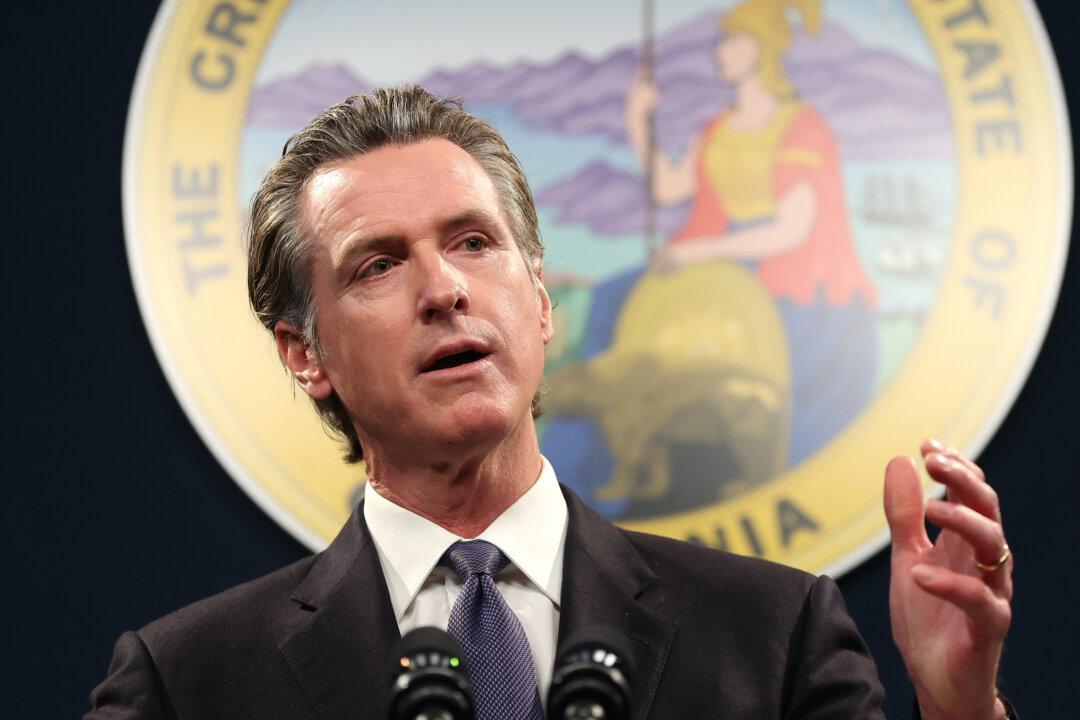California Gov. Gavin Newsom’s recent attempt to bypass environmental rules to speed up construction for certain projects was denied by the Senate Budget Committee 3–0 on May 25.
“The only way to achieve California’s world-leading climate goals is to build, build, build—faster,” Newsom said in a press release on May 19 announcing his plan. “This proposal is the most ambitious effort to cut red tape and streamline regulations in half a century. It’s time to make the most out of taxpayer dollars and deliver results while creating hundreds of thousands of good jobs.”





